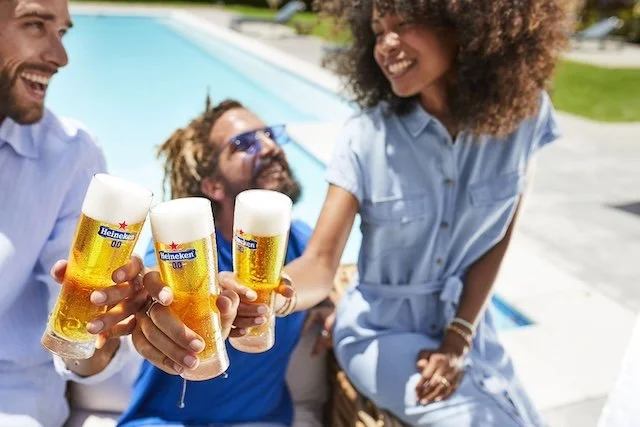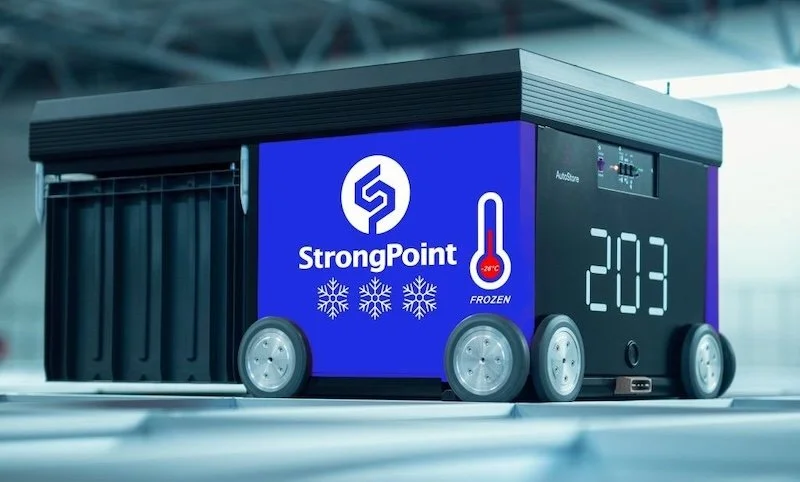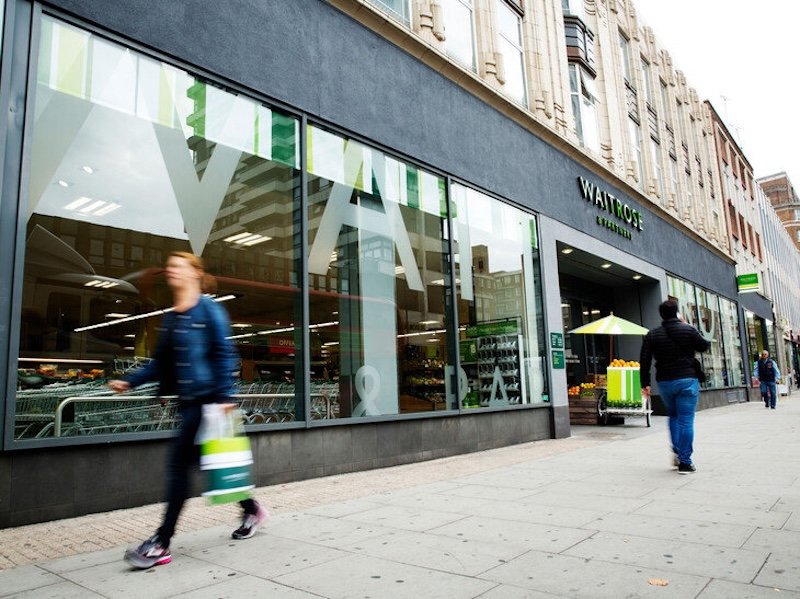Here to stay: Heineken exec discusses how company is embedding AI to shape campaigns and drive sales
Dutch brewing giant Heineken started using AI just five years ago. Surajeet Ghosh, Chief AI Officer, says that the scale of the company’s operations made its implementation a challenge.
“Every part of the value chain could use AI, but we needed to focus,” he told delegates at AI in Retail in London this week. After creating a list of potential use cases, Heineken focused on high value AI, where the technology could deliver the most impact.
One area it has focused on is promotions, where it is using AI to optimise its strategies. Ghosh said this is used in key growth markets and uses historical data to identify the likely impact of future campaigns.
Heineken has also been able to use AI to optimise its promotions calendar. The company has found being able to provide its teams with these completed insights more useful than sharing the data itself. “A dashboard is not enough,” he explained. “People aren’t willing to use them.”
The tool has been able to more clearly show the relationship between promotional campaigns and sales. As a primarily offline business, Ghosh says Heineken was able to deliver real results without the quality of data that some require. “Good data is good enough,” he shared. “You don’t need to obsess about 100% quality data.”
Looking ahead, Ghosh is excited about the potential use of digital twins to identify both short-term and long-term trends. “If this works, this will be the holy grail,” he said.
Despite Heineken’s focus on the areas where AI can have the most impact, Ghosh said many colleagues had been keen to start using new technologies. For all new projects, the company has introduced a “tech check” which asks a series of questions to ensure the company remains focused before they are given any funding.
The check list of questions cover the number of users, potential value and the specific problems the new technology aims to solve. “It kills many initial ideas,” he said. “But colleagues who are enthusiastic are able to answer these questions.”
Ghosh was keen to stress the importance of selecting the best use cases. “Just building a chatbot doesn’t necessarily deliver anything, although it looks fancy,” he explained.
When asked if AI had been overhyped, Ghosh shared that he thought the sector was currently asking the wrong question. “Overpromising happens with every invention,” he observed. “The real question is ‘what happens next?’ Does it disappear like the metaverse? In this case, I think AI is here to stay.”
RTIH AI in Retail Awards
RTIH proudly presents the first edition of its AI in Retail Awards, sponsored by 3D Cloud and EdTech Innovation Hub.
This is now open for entries. Deadline for submissions is Friday, 5th December. It’s free to enter and you can do so across multiple categories.
Check out categories and entry forms here.
As we witness a digital transformation revolution across all channels, AI tools are reshaping the omnichannel game, from personalising customer experiences to optimising inventory, uncovering insights into consumer behaviour, and enhancing the human element of retailers' businesses.
With 2025 set to be the year when AI and especially gen AI shake off the ‘heavily hyped’ tag and become embedded in retail business processes, our newly launched awards celebrate global technology innovation in a fast moving omnichannel world and the resulting benefits for retailers, shoppers and employees.
Our 2025 winners will be those companies who not only recognise the potential of AI, but also make it usable in everyday work - resulting in more efficiency and innovation in all areas.
Winners will be announced at an evening event at The Barbican in Central London on Thursday, 29th January. This will kick off with a drinks reception in the stunning Conservatory, followed by a three course meal, and awards ceremony in the Garden Room.





















Continue reading…